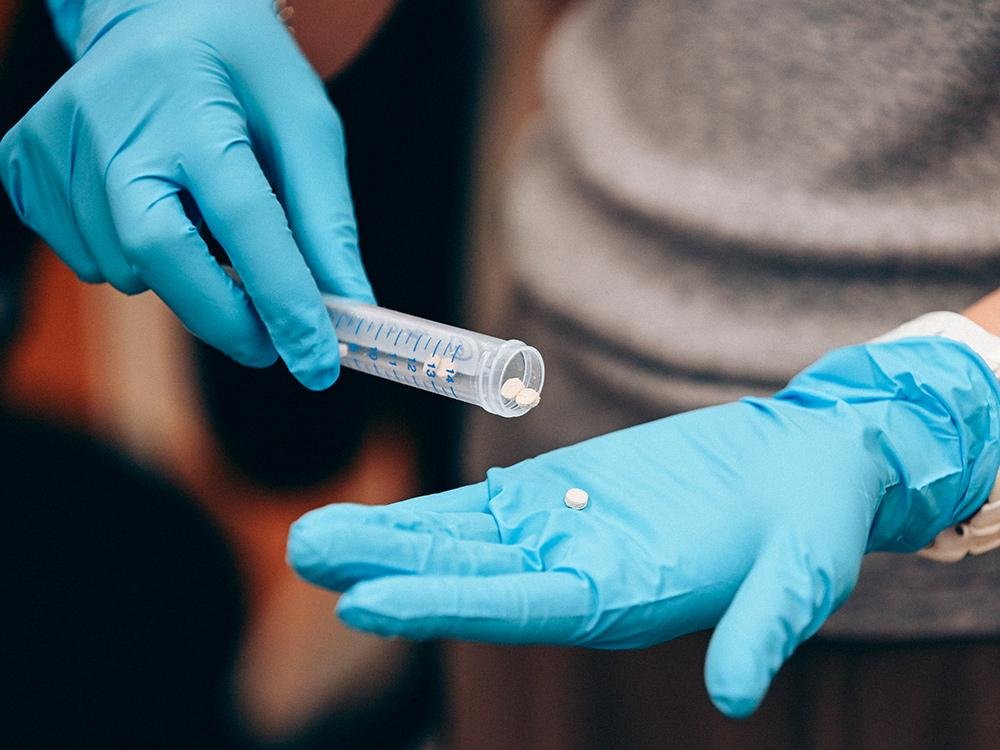A new material developed at Penn State may significantly improve how broken bones heal, especially in cases involving complex or slow-healing fractures. The innovation, called CitraBoneQMg, is a biodegradable scaffold designed to support rapid bone regeneration while also reducing inflammation and promoting nerve repair.
Unlike traditional bone grafts or synthetic implants, this scaffold is composed of magnesium, glutamine, and citric acid. Each component plays a distinct role in the healing process. Magnesium stimulates stem cells and aids in bone mineralization. Glutamine supports cell metabolism and tissue repair. Citric acid provides structural support and enhances energy production within cells. Together, these ingredients activate two key biological pathways, AMPK and mTORC1, which are essential for bone growth and regeneration.
In preclinical studies using rat models with cranial bone injuries, the scaffold showed impressive results. Bone growth increased by 56 percent compared to citric acid-only implants and by 185 percent compared to conventional bone substitutes. The material also helped reduce inflammation and supported the regeneration of nerve tissue, which is crucial for restoring full function after injury.
One of the standout features of CitraBoneQMg is its ability to be monitored noninvasively. The material has photoacoustic properties, allowing clinicians to track healing progress using imaging techniques without additional procedures or radiation exposure.
Unlike oral supplements, which often fail to deliver nutrients directly to the injury site, this scaffold provides localized delivery. It gradually dissolves as the bone heals, leaving no harmful residue and eliminating the need for surgical removal.
The research team sees this technology as a major advancement in orthopedic care. It could reduce the need for donor bone grafts, which carry risks of rejection and infection, and may shorten recovery times for patients with severe injuries.
Article from Penn State: Broken bones regrow quickly with help of biodegradable implant
Abstract in Science Advances: Metabotissugenic citrate biomaterials orchestrate bone regeneration via citrate-mediated signaling pathways

